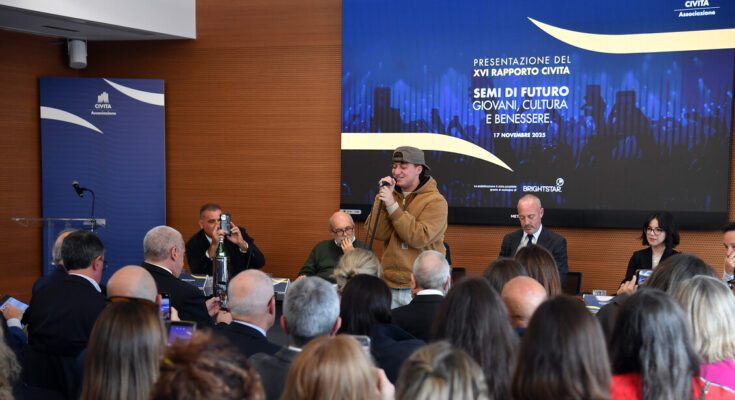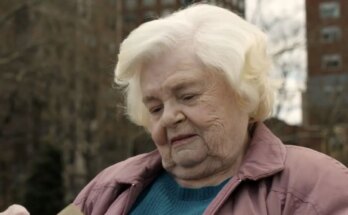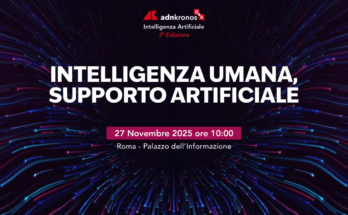Young people who are not asking for “more things to do,” but authentic experiences, real relationships, and reliable reference points among adults. This is an overview of the sixteenth edition of the Civita Report featuring boys and girls aged between 16 and 24, entitled ‘Seeds of the Future. Young people, culture and well-being’ presents an opinion poll carried out by the Center for Association Studies with the support of Swg, which aims to deepen the relationship between emotional well-being and various areas of commitment and participation of young people: from the enjoyment of culture and production to sport, from employment to training, to political commitment and active citizenship. “We chose this theme because there is a lot of talk about teen wellbeing, but are we really asking kids what feeling good means to them?” is a question that, as Association Secretary General Simonetta Giordani explains, Civita began listening to the younger generation in order to “create a space for reflection and understand how we can build a context for them that creates trust and meaning”.
Beginning with remarks from Civita president Gianni Letta (“having a long past behind me, I prefer to leave the presentation of the report discussing the young generation and the future to others. I will listen to learn”), the presentation of the Report took place at the Association’s headquarters based on a representative sample of 1500 young people and whose first indication, in terms of shared cultural experiences, was to create mediation paths that give meaning to the activities carried out by young people. A recurring element in all the areas analyzed is that well-being depends not only on “doing”, on the amount of activity, but on the way experiences are lived: it is emotional engagement that makes the difference for children. Most of the younger generation perceives the proposed activity passively (“something uninteresting”) or with a feeling of discomfort (“a task performed against their will”): in fact, feeling free, motivated and involved in the activity is very important for the well-being of the individual.
Therefore, to support the well-being of young people, it is important to not only expand opportunities for access to culture, sport and participation, but also to qualify them, investing in educational and relational ecosystems that propagate forms of shared planning and trust. Schools are fundamental and must increasingly transform themselves into places not only where we learn, but also where we learn to live. The key is to create ‘credible’ adult figures and strengthen the role of educating adults: “teachers, operators, trainers and trainers must be trained as emotional reference figures, not just technical ones”, explains Alfredo Valeri, Head of Research and Innovation at Civita. Culture can be a meeting place between adults and the younger generation as long as “we do not think that going to museums reduces anxiety but that going to museums together reduces anxiety” said psychiatrist Emanuele Caroppo at a round table after the presentation and where he insisted on listening to the younger generation as the basis of their well-being.
Can technology play a positive role in this field? For Diego Ciulli, Head of Institutional Affairs and Public Policy at Google Italy, well-being and inclusion must first be ensured by parents, but technology can help remember the algorithm ‘takes notice’ if there are minors in front of the screen. “Parents can regulate the duration and content of use” for their little ones, not to mention that 74% of children who use YouTube “do it to watch school-related content, making them unable to access it is wrong. This tool becomes a problem if it creates dependency and isolates them from the outside world,” Ciullli emphasized again. Martina Romiti was appointed by the President of the Republic Mattarella as Bishop of the Republic in 2024 and it was she who gave the testimony of those who work in the social sector: “I started doing activism with Libera whom I met at school, the activists came to the classes to try to involve children in their activities; we young people can have an impact on reality and to do this we don’t have to wait until we are adults, we can act in our own small way, perhaps starting from our environment”.
The important thing is “to give them the opportunity, because young people have a great desire for that”. A concept that gives importance to ‘particular’ things, sometimes considered irrelevant in the world, focuses on a ‘global’ view, underlines Civita vice president Nicola Maccanico. Closing the meeting was a note from Vybes (Gabriel Monaco), a Roman singer-songwriter born in 2003: “with music you can overcome an illness, for me it is medicine but the first advice I would like to give to young people is to always talk, with their parents or with some trusted friends; if necessary, a listening table is also fine, you should not be afraid to ask for help”.
Reproduction protected by law © Copyright ANSA



